NEWS
5 Americans Freed In Iran Prisoner Exchange Land In US
Published
8 months agoon
By
Matthew Hall
More From Politically+
-
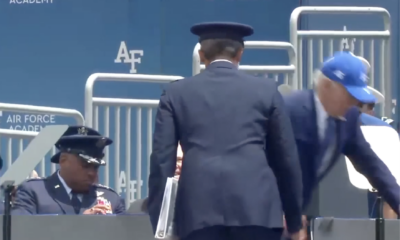

President Biden Falls At 2023 U.S. Air Force Academy Graduation…
-


Rally for Florida Democratic Gubernatorial Candidate Charlie Crist, Also Attended…
-


Activists in Akron, OH allege arrested protesters were left in…
-


Protesters unravel Overturn Roe? Hell no! banner during Dodger Stadium…
-
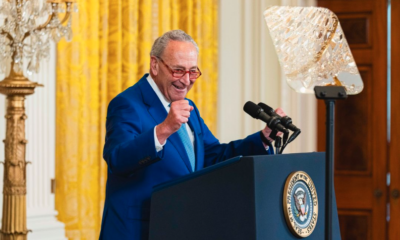

Senate Set To Hold First AI Insight Forum on Wednesday
-


Early Voting in West Cobb, GA
-
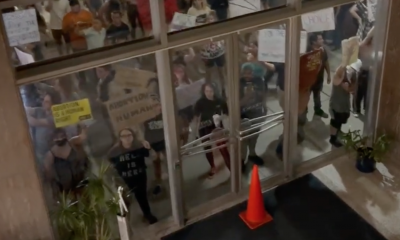

Protestors Banging on the Doors and Windows of the Arizona…
-


Greg Abbott supporters line windows at Beto O’Rourke campaign event,…
-


Labor activists rally for the Amazon Labor Union to be…
-
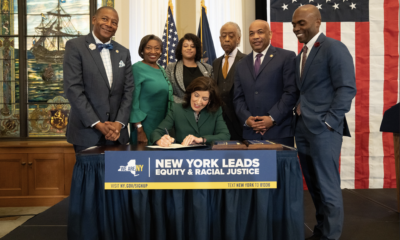

New York Establishes Committee To Consider Reparations For Slavery
-
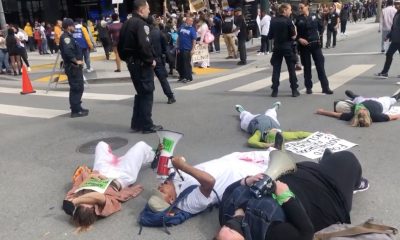

Die-in staged by abortion rights activists in front of San…
-
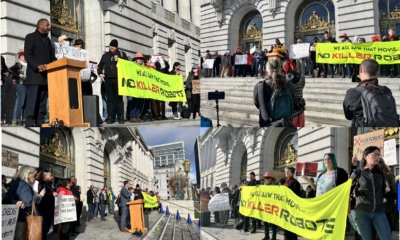

Killer Robots: Protesters Rally Outside of San Francisco City Hall…
